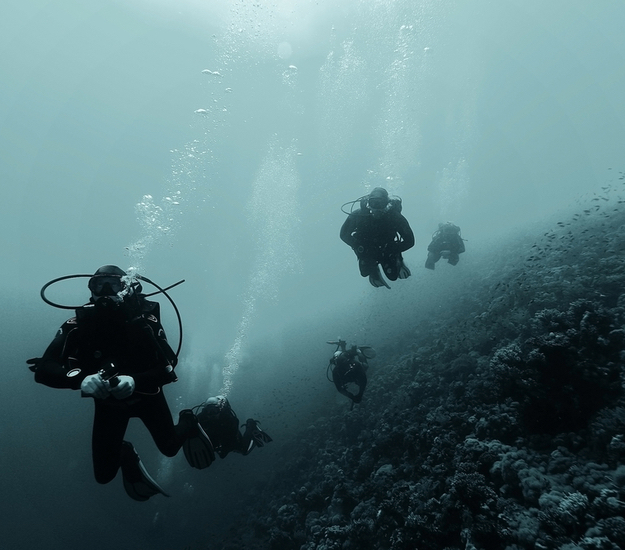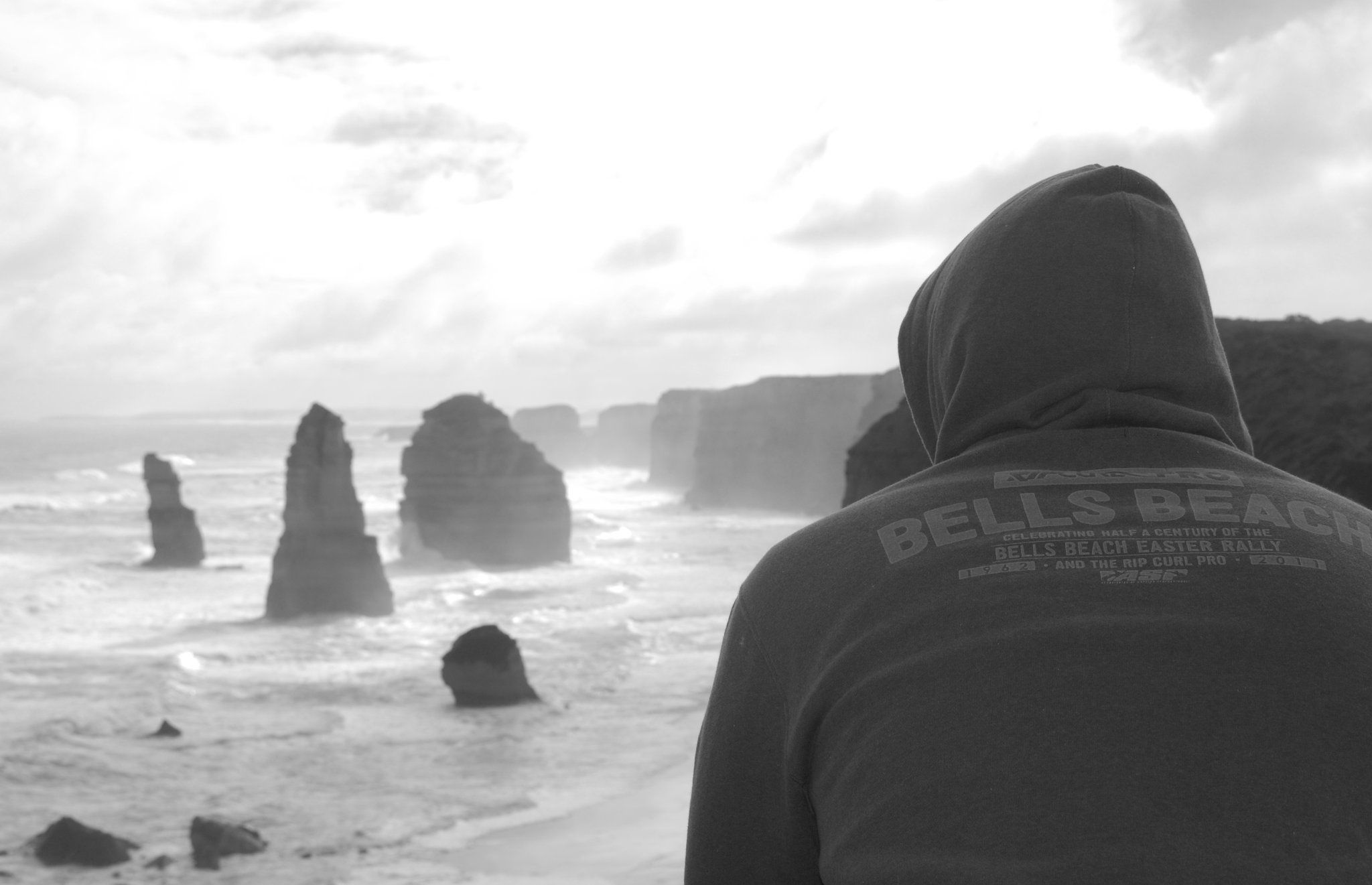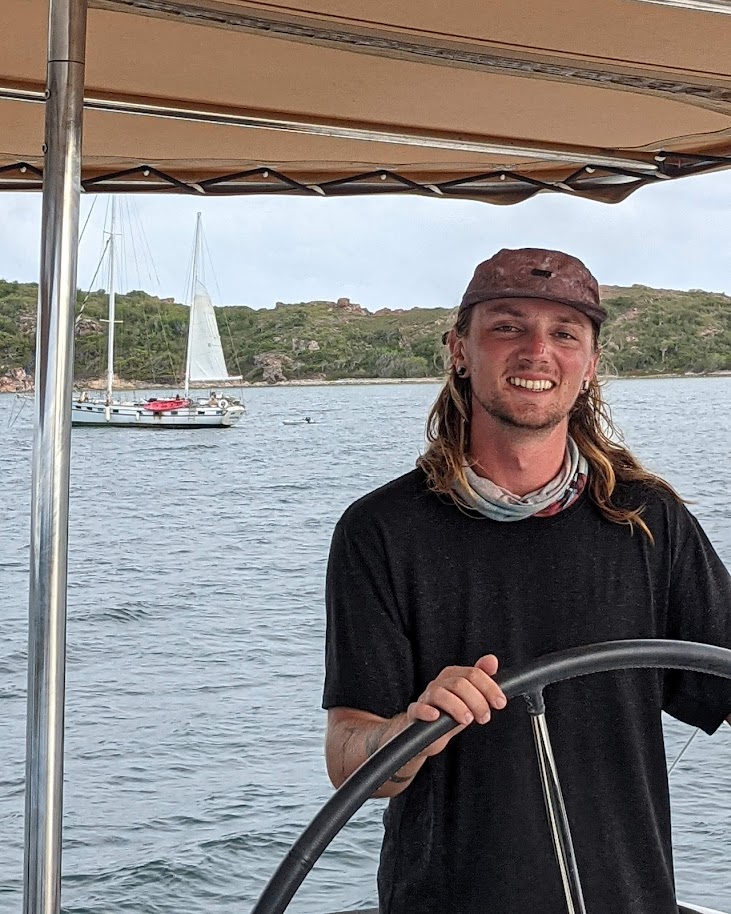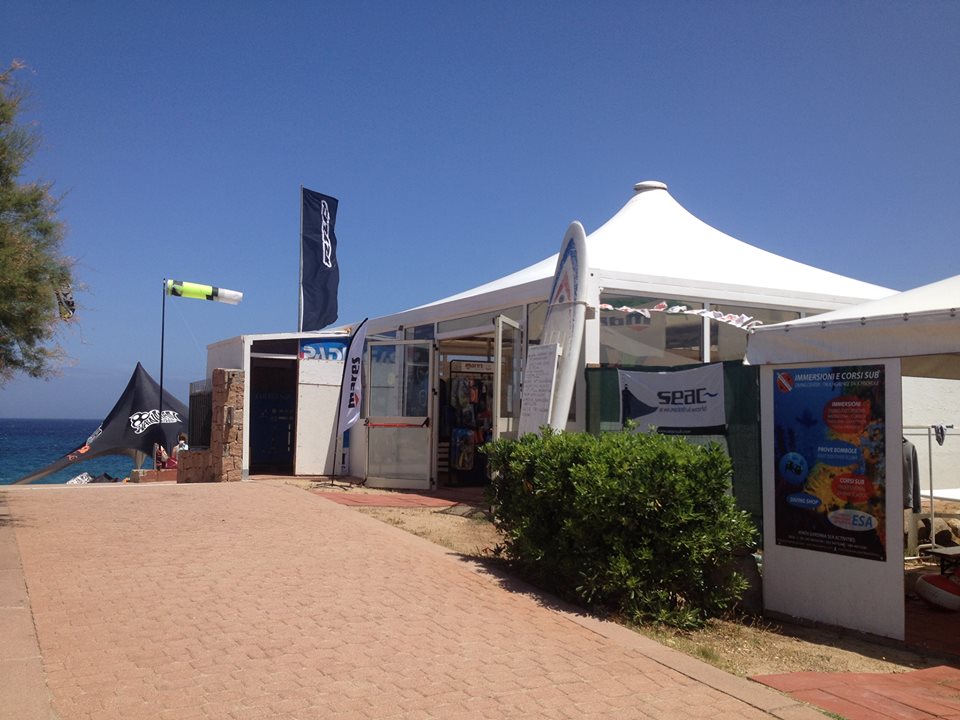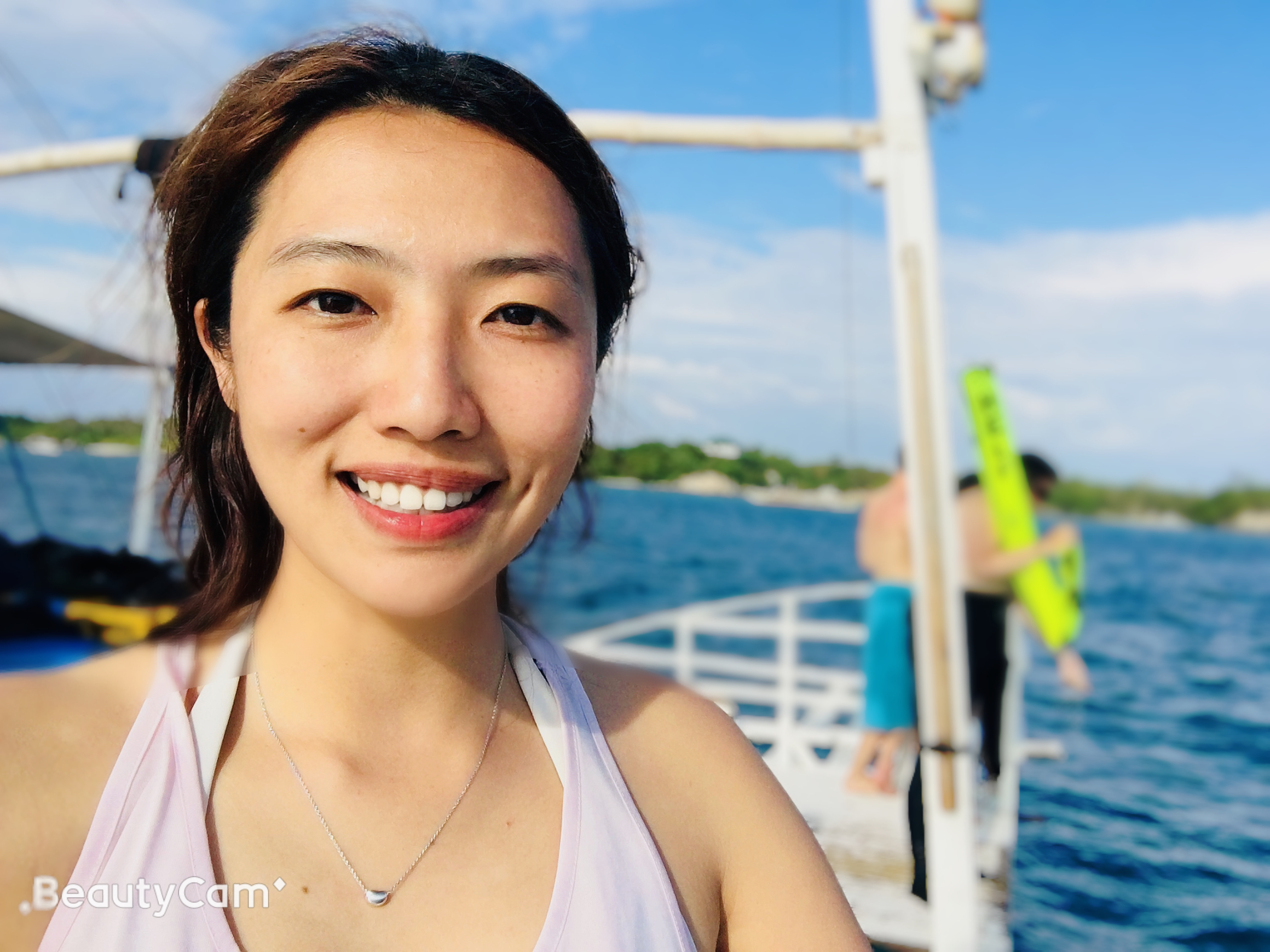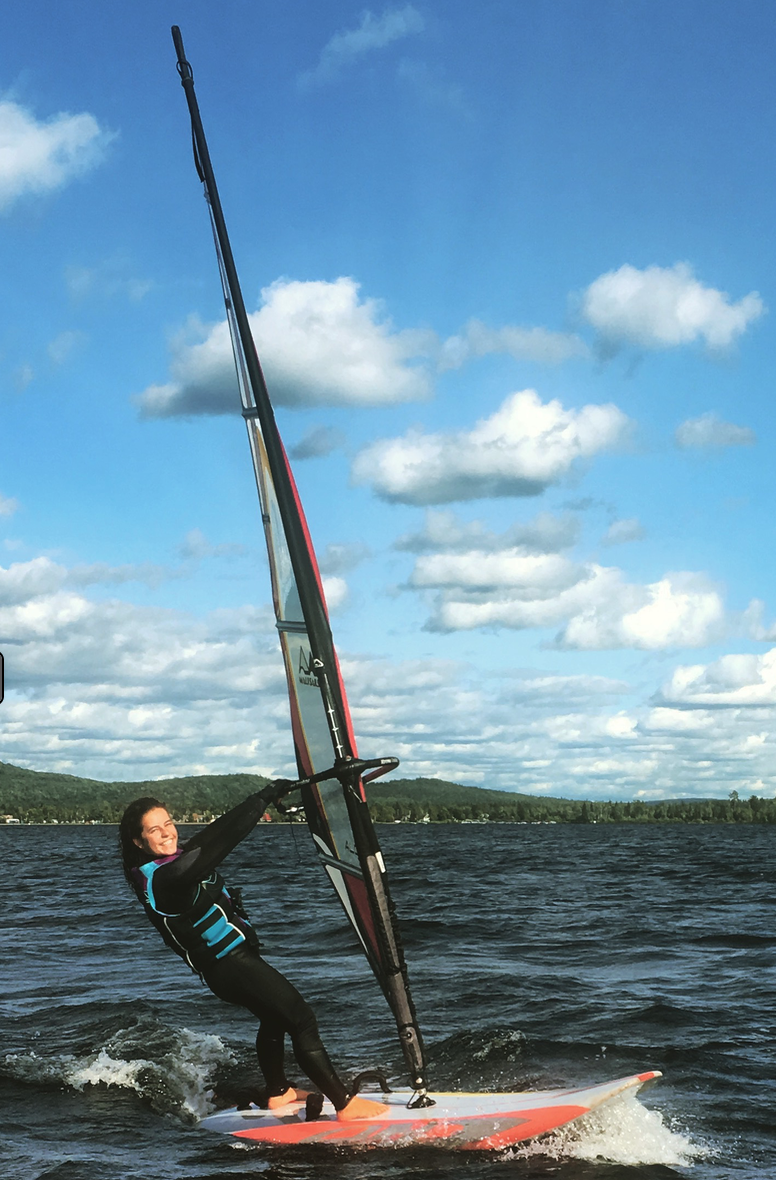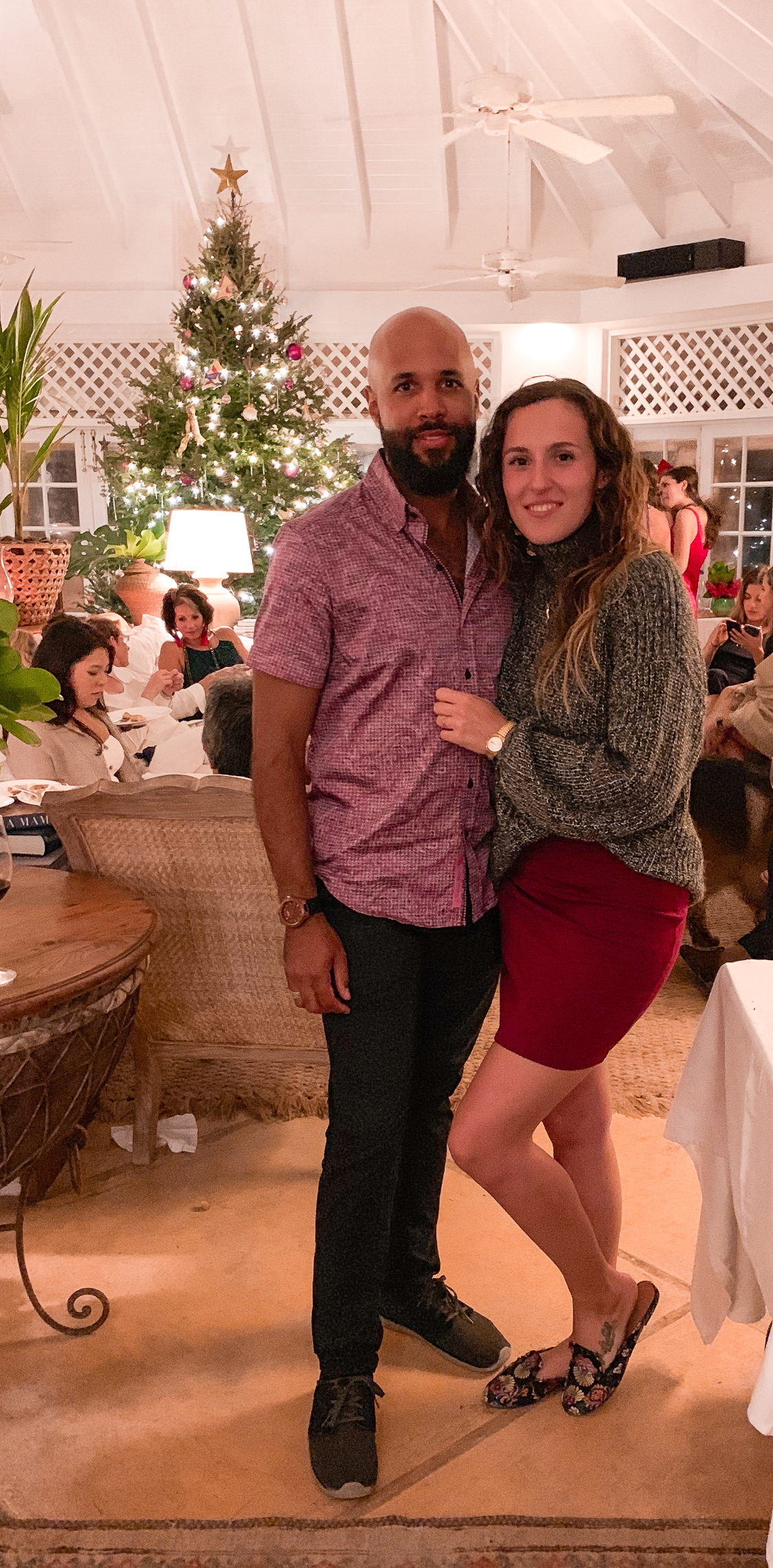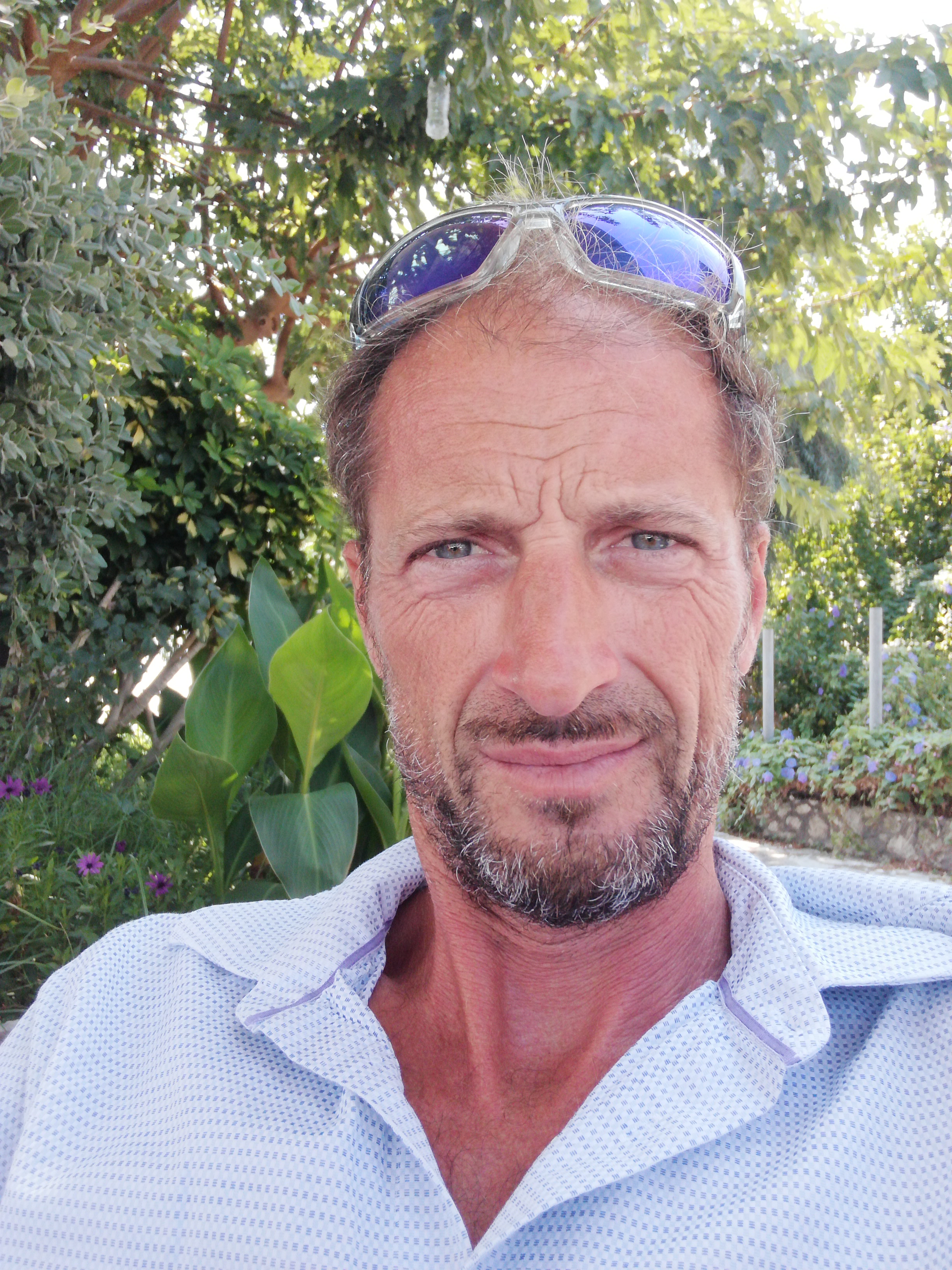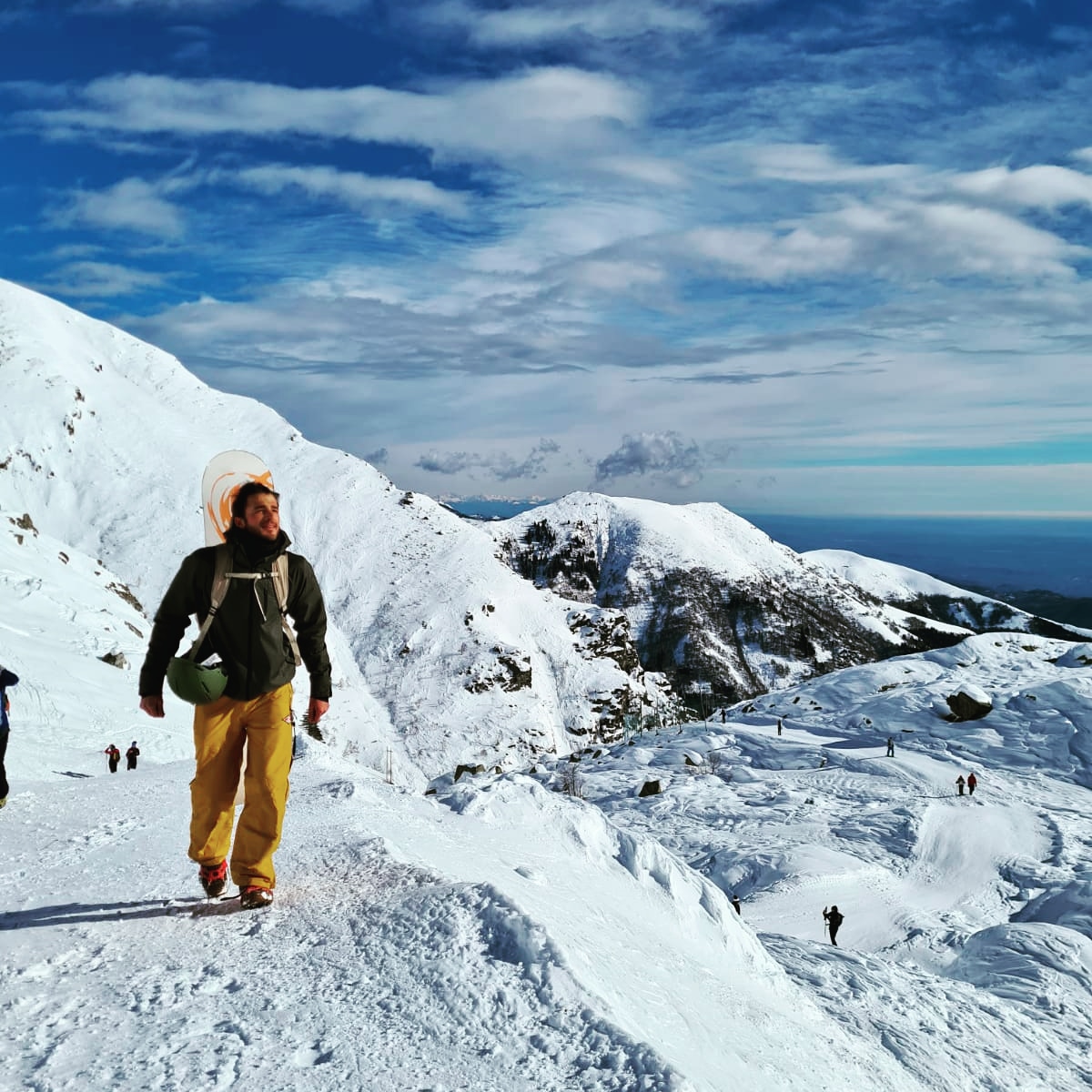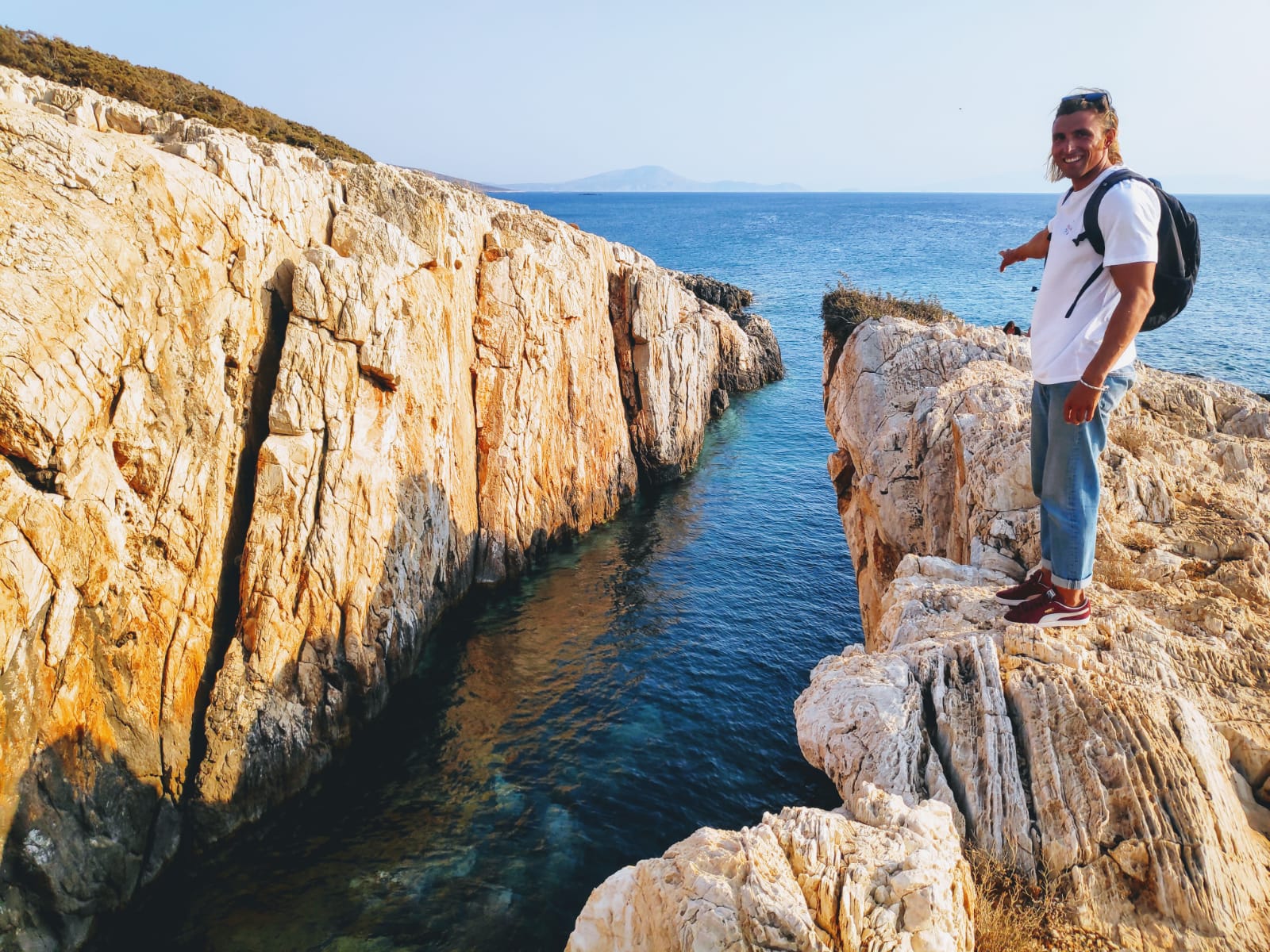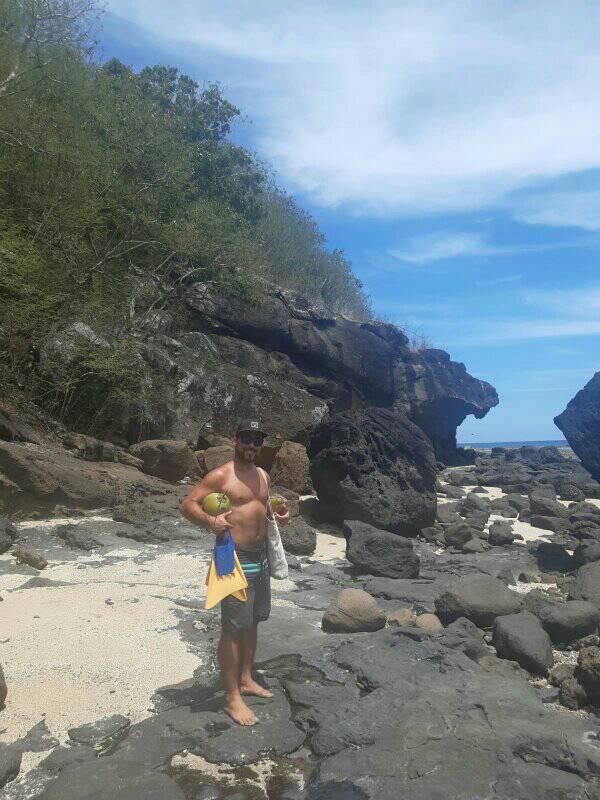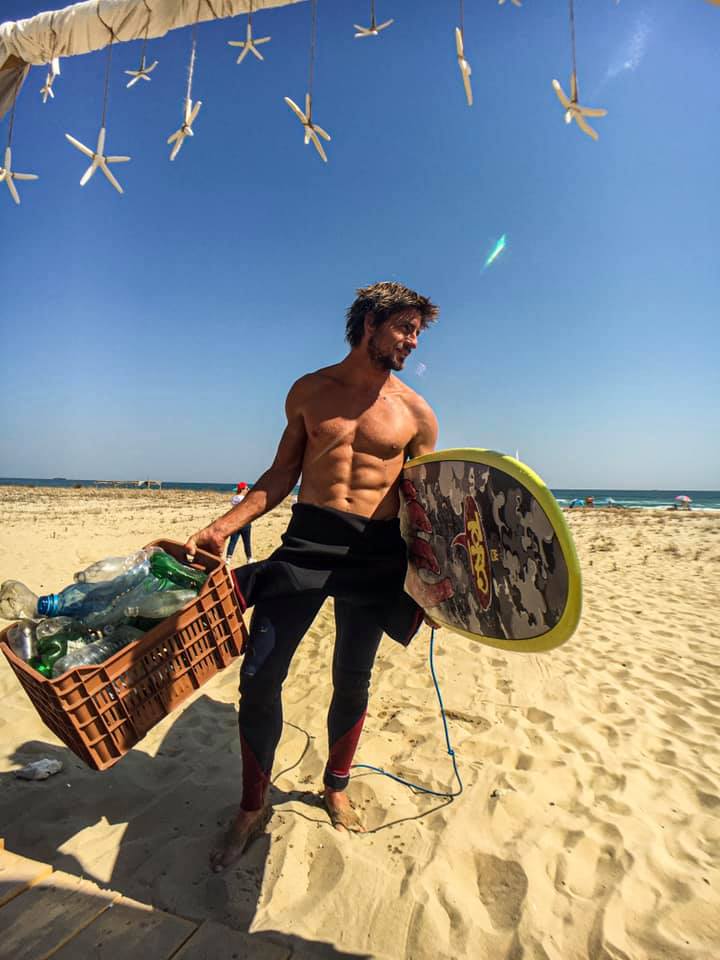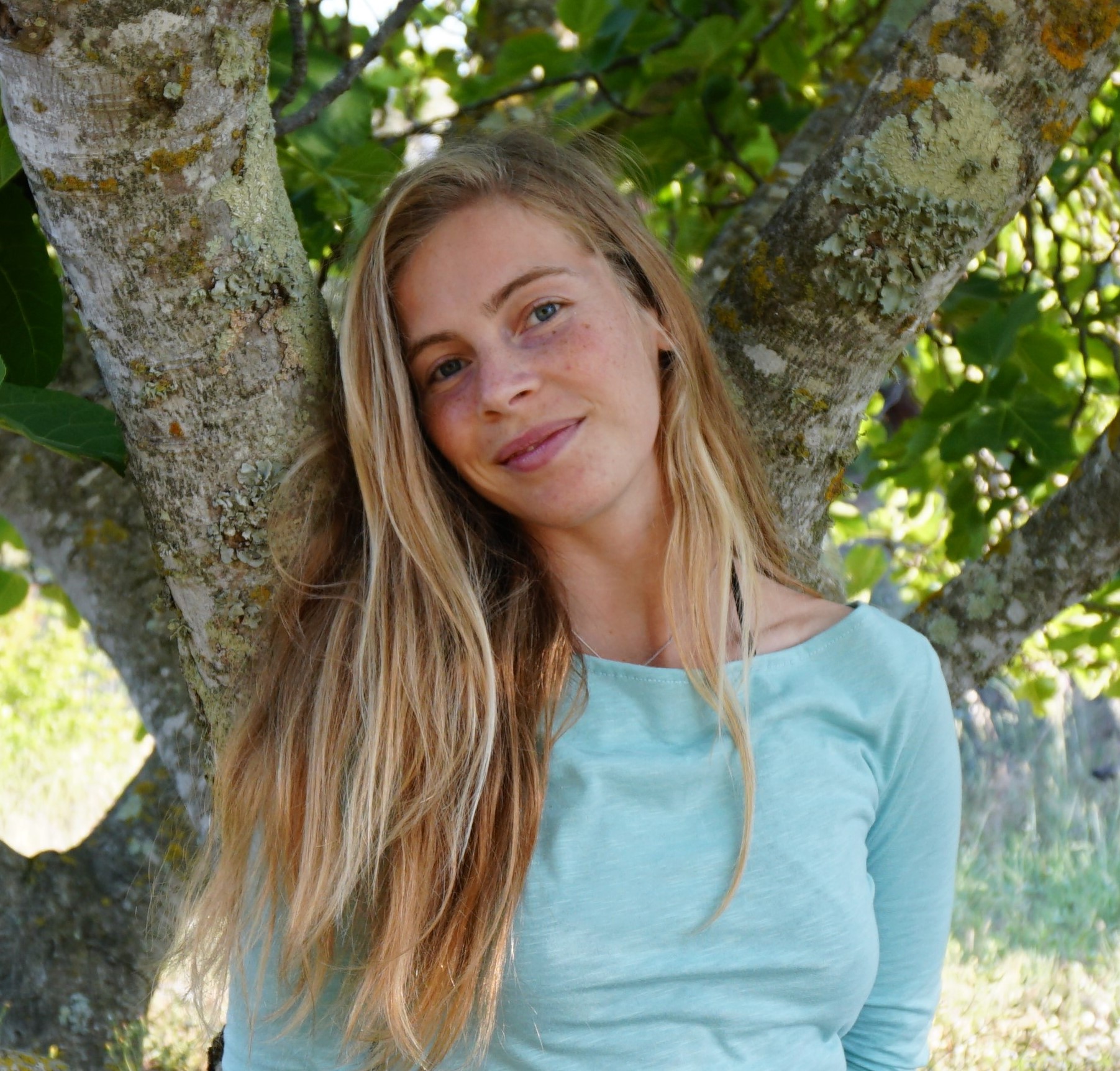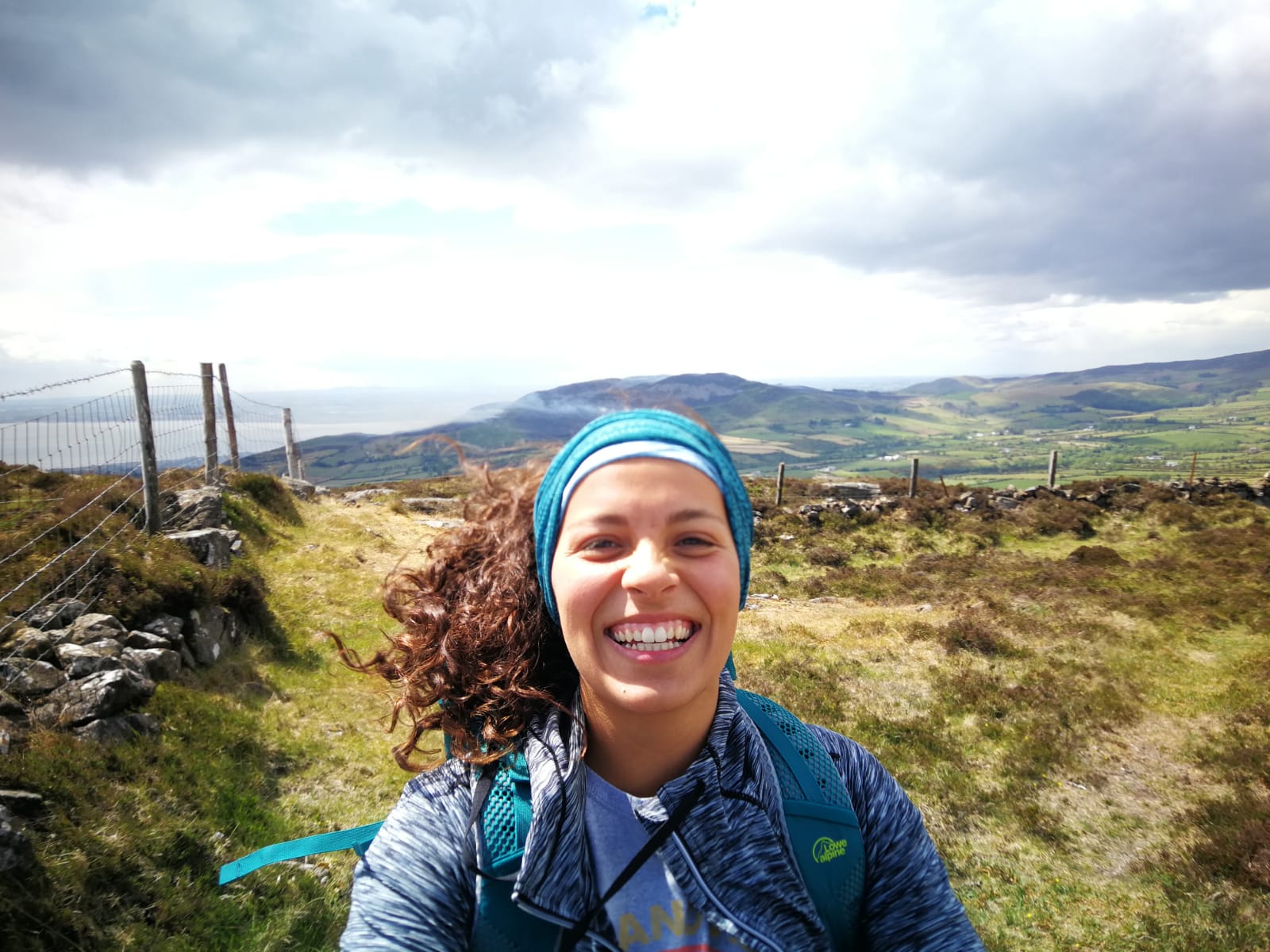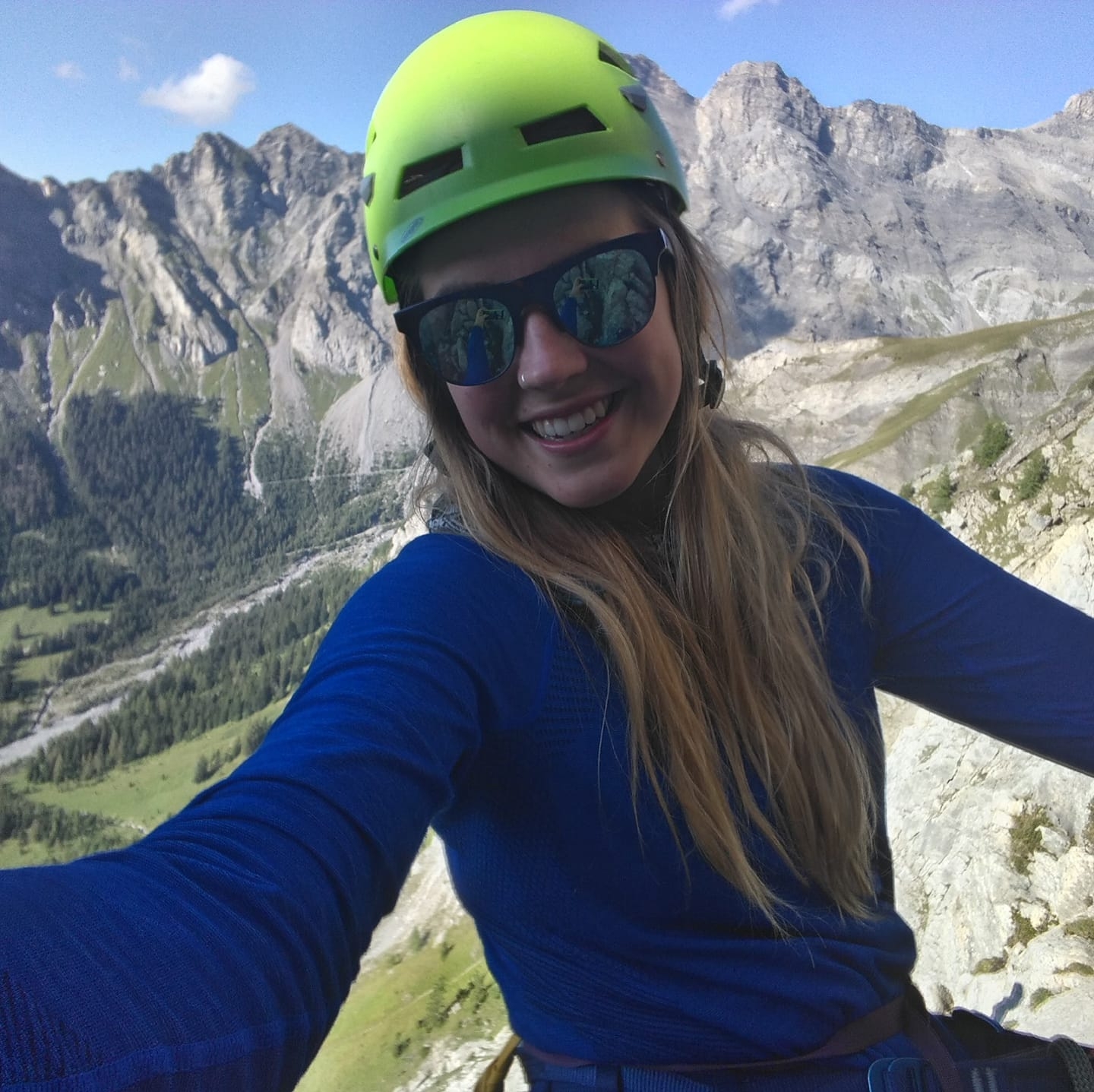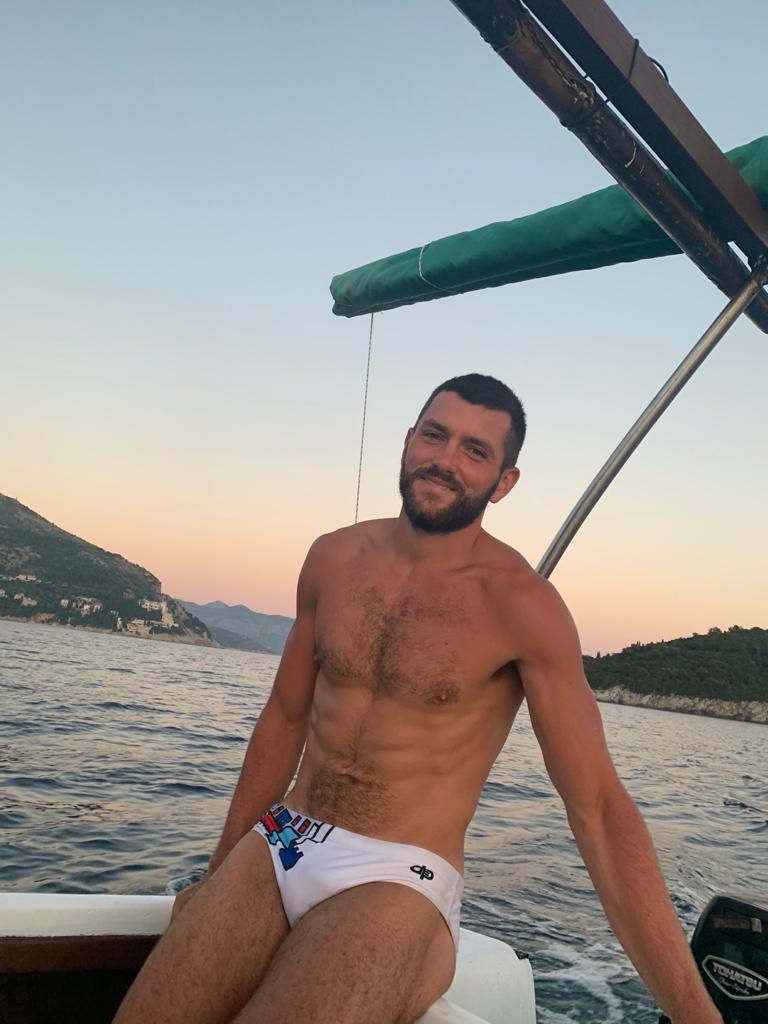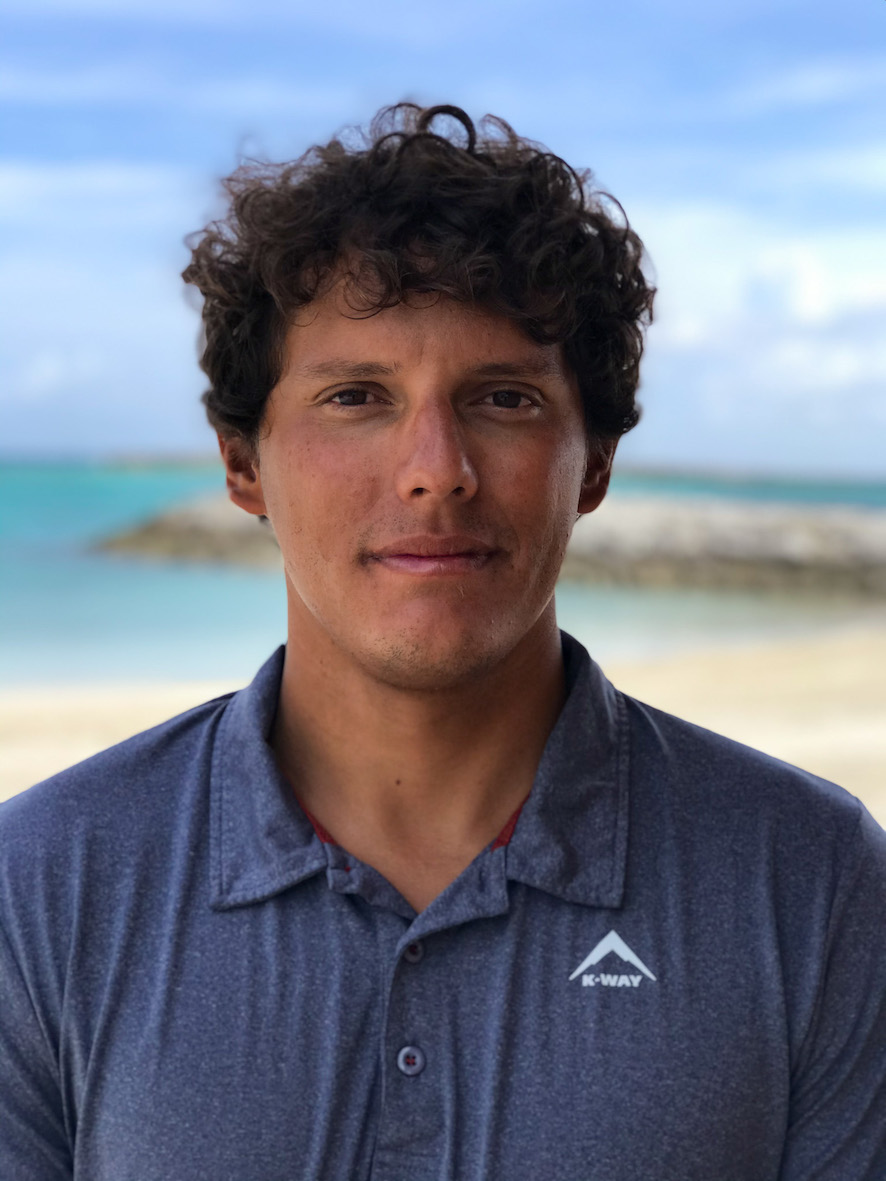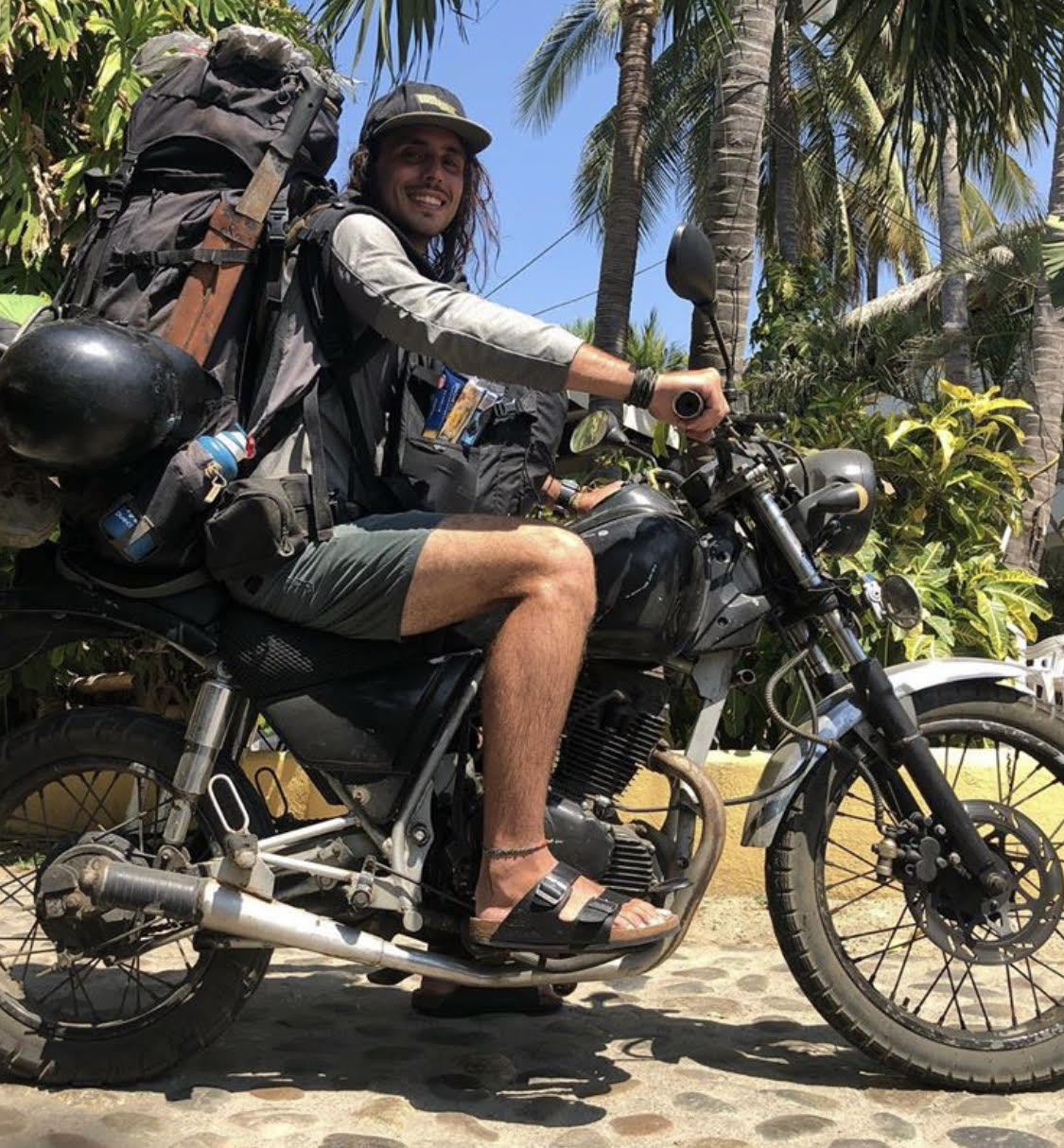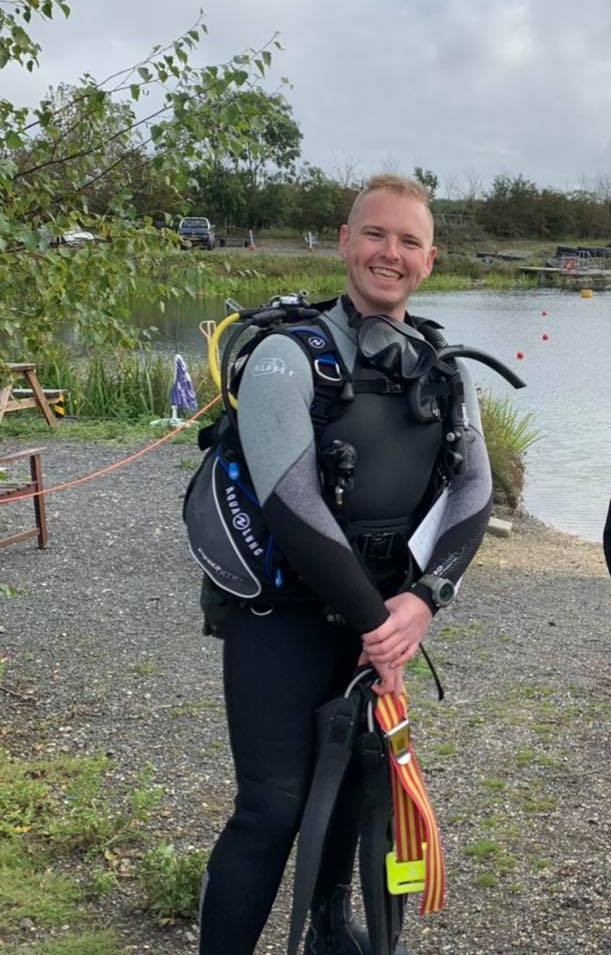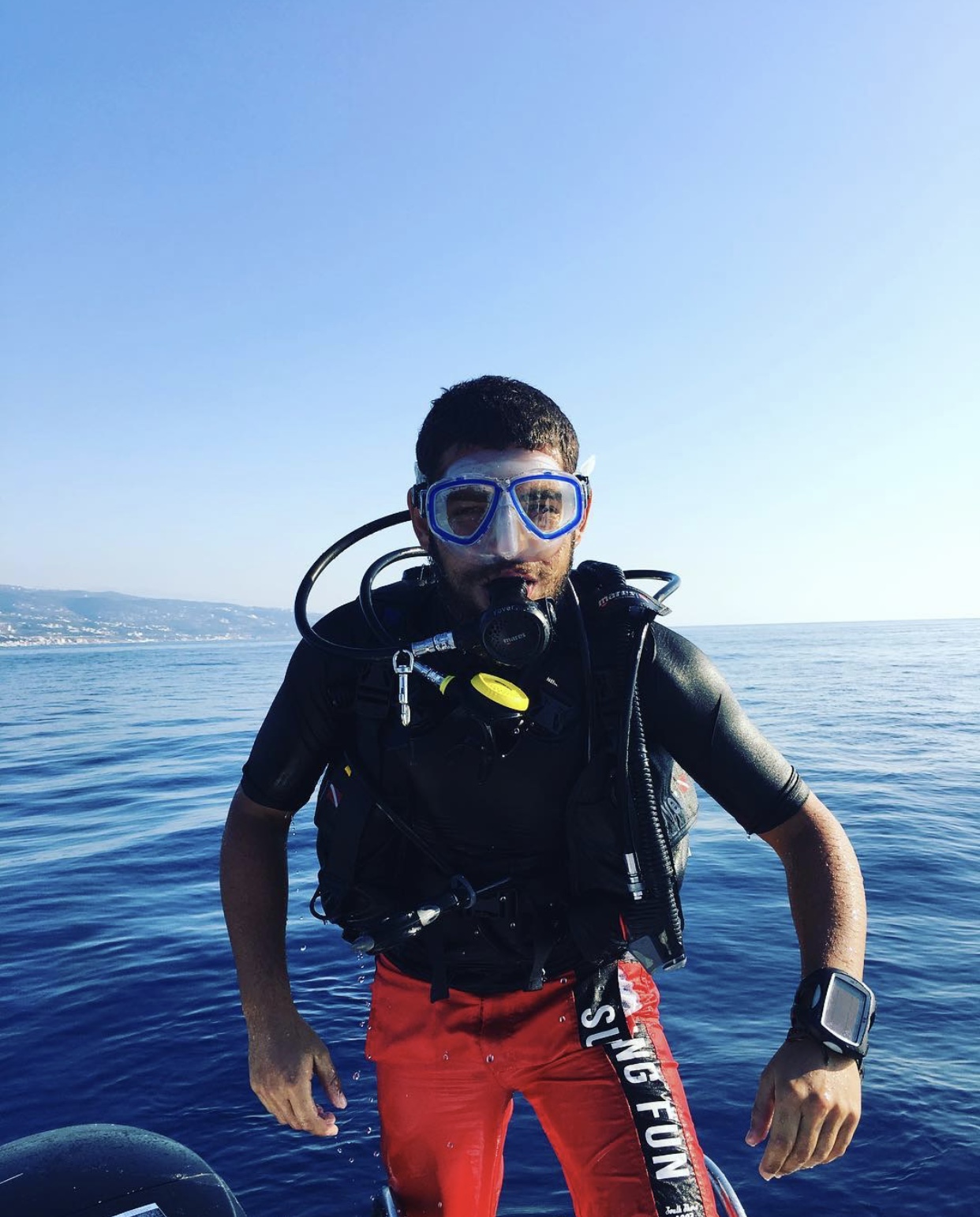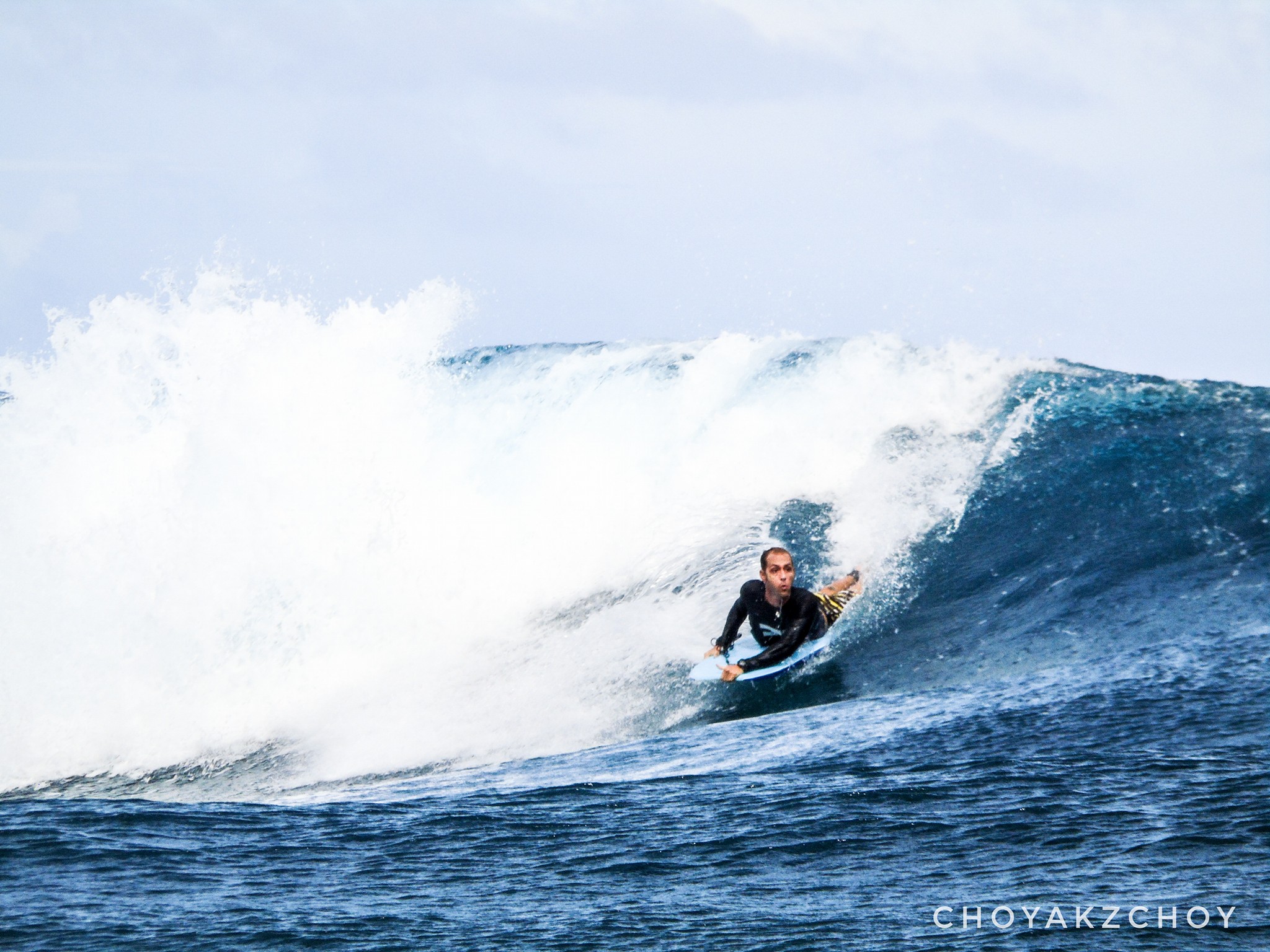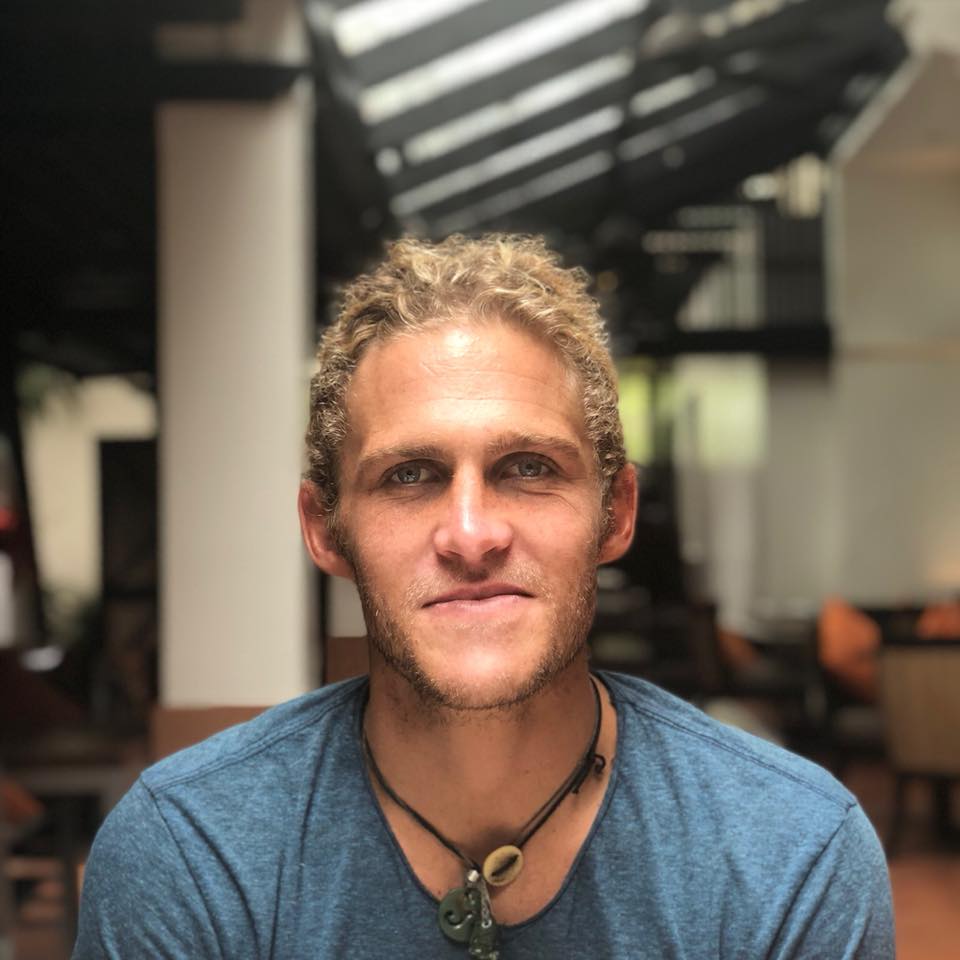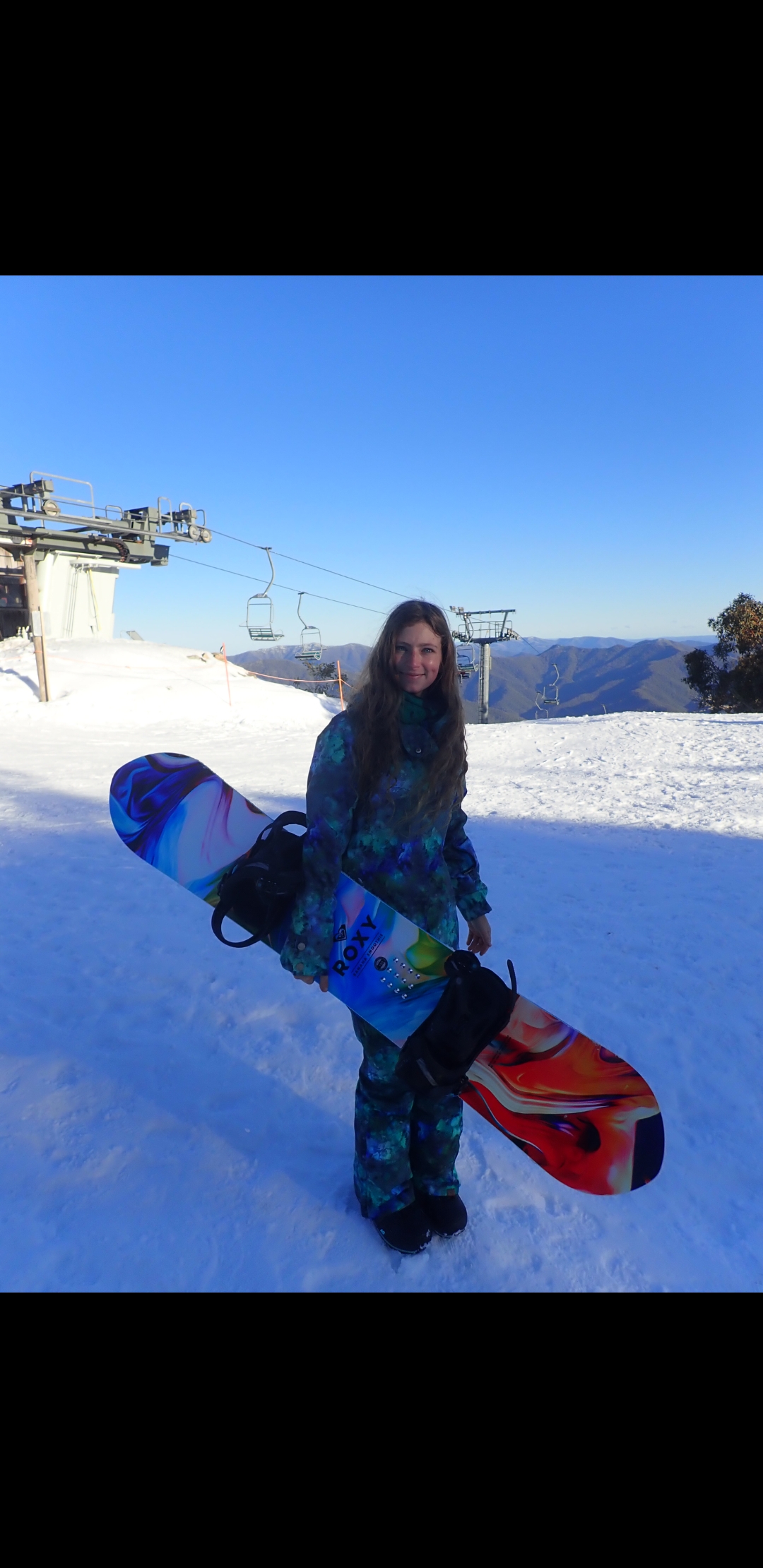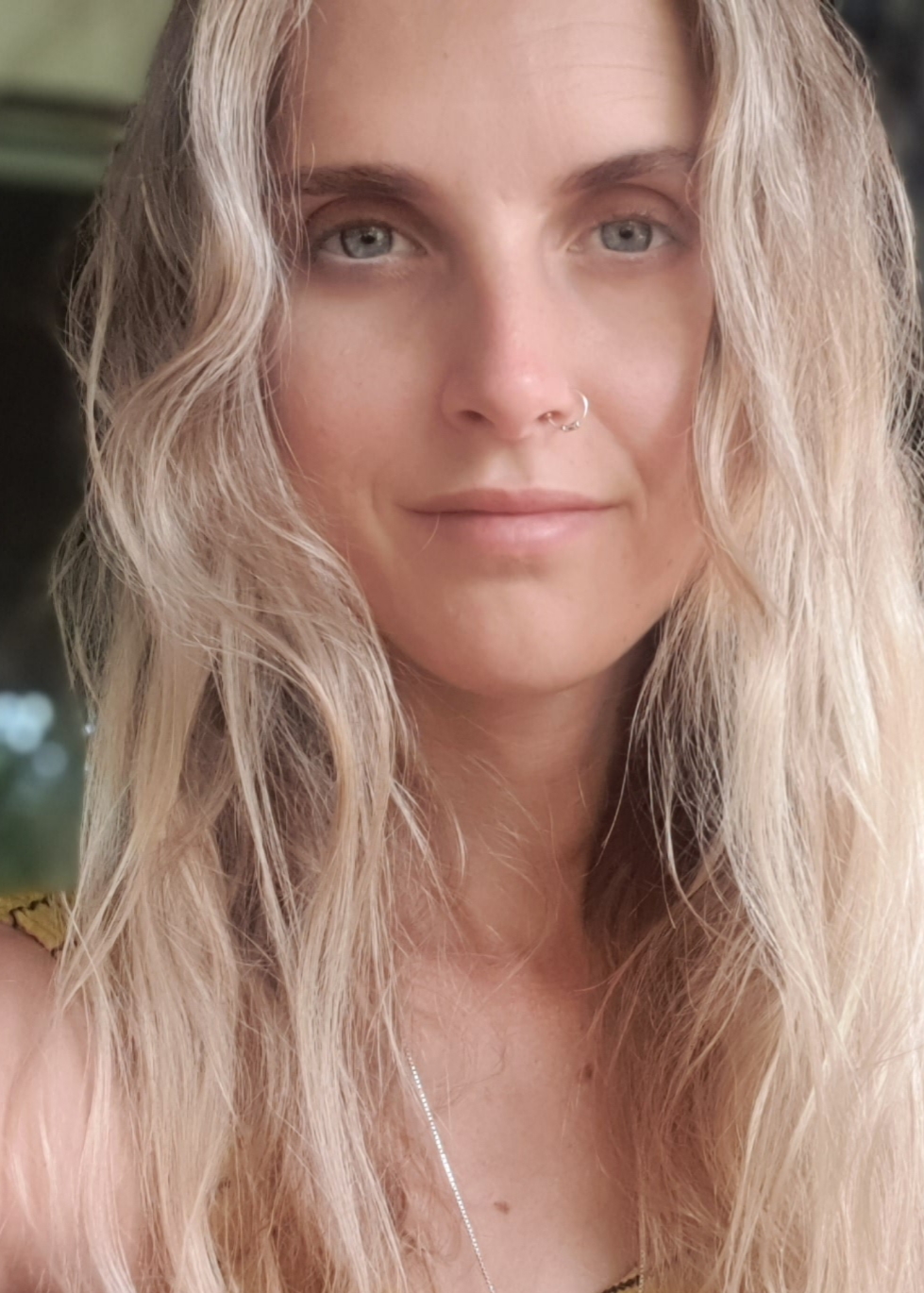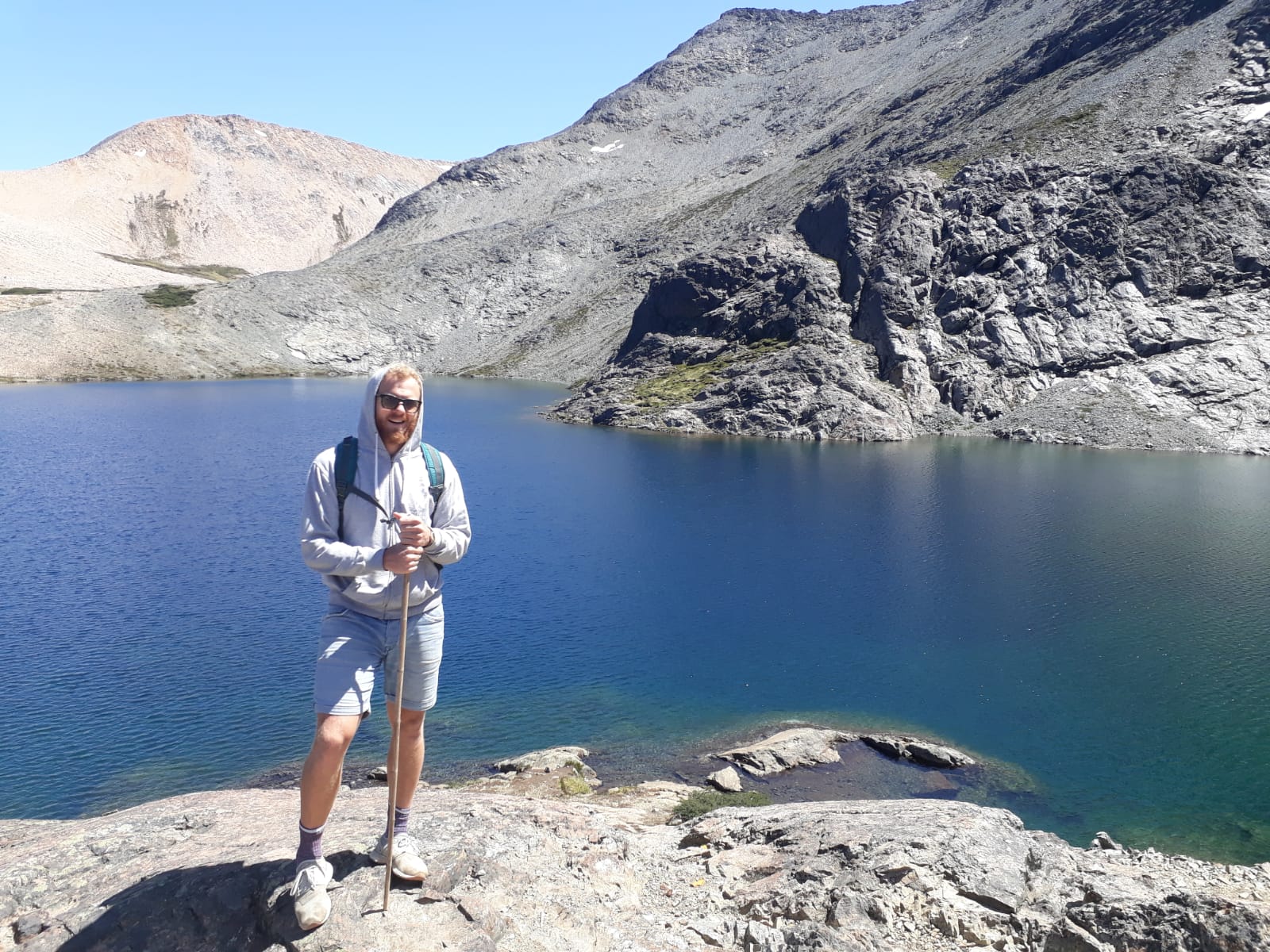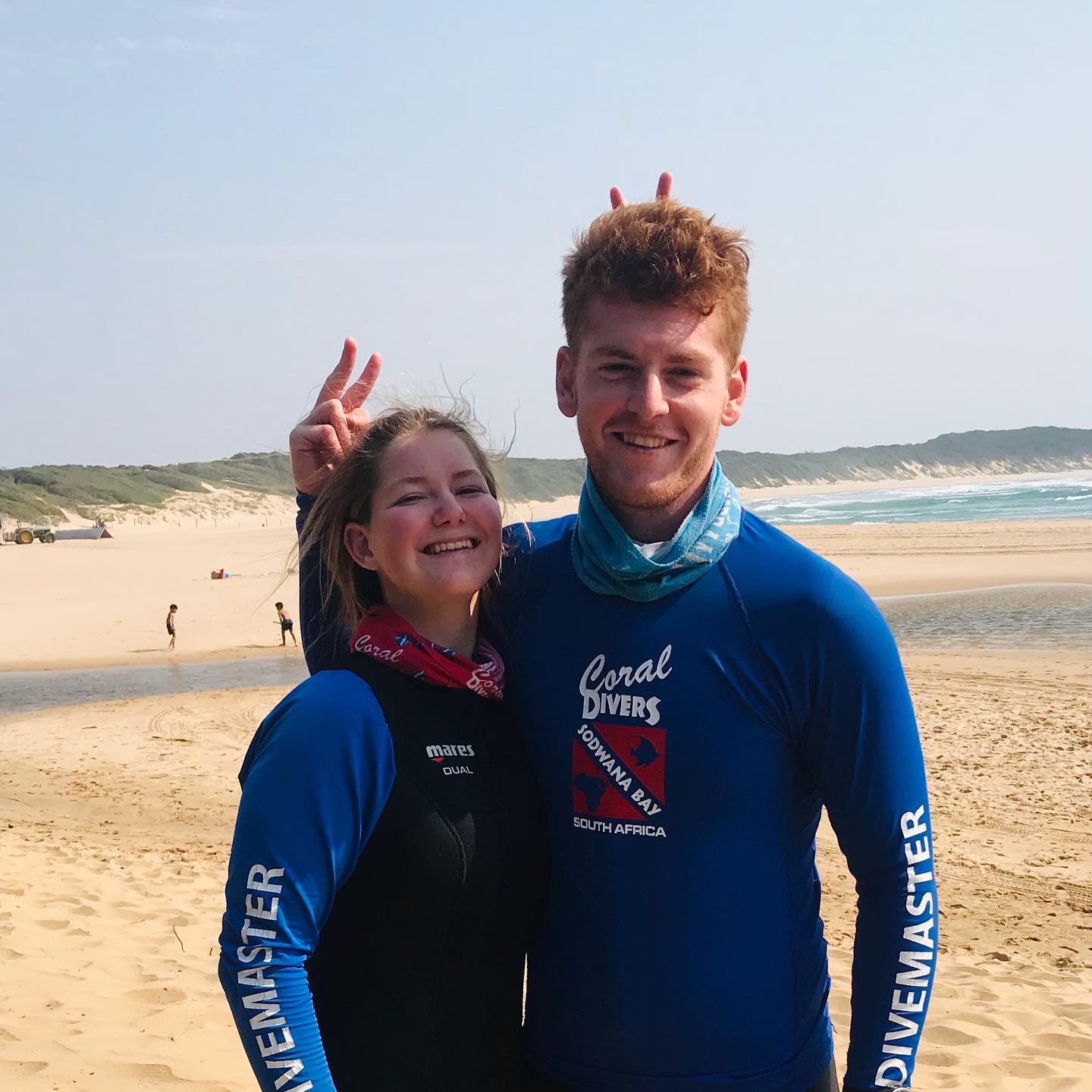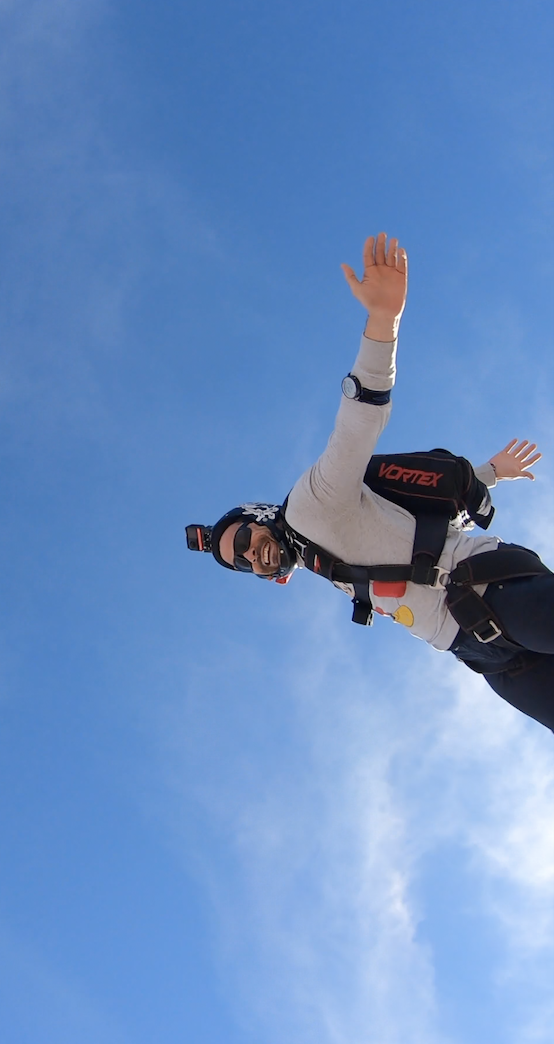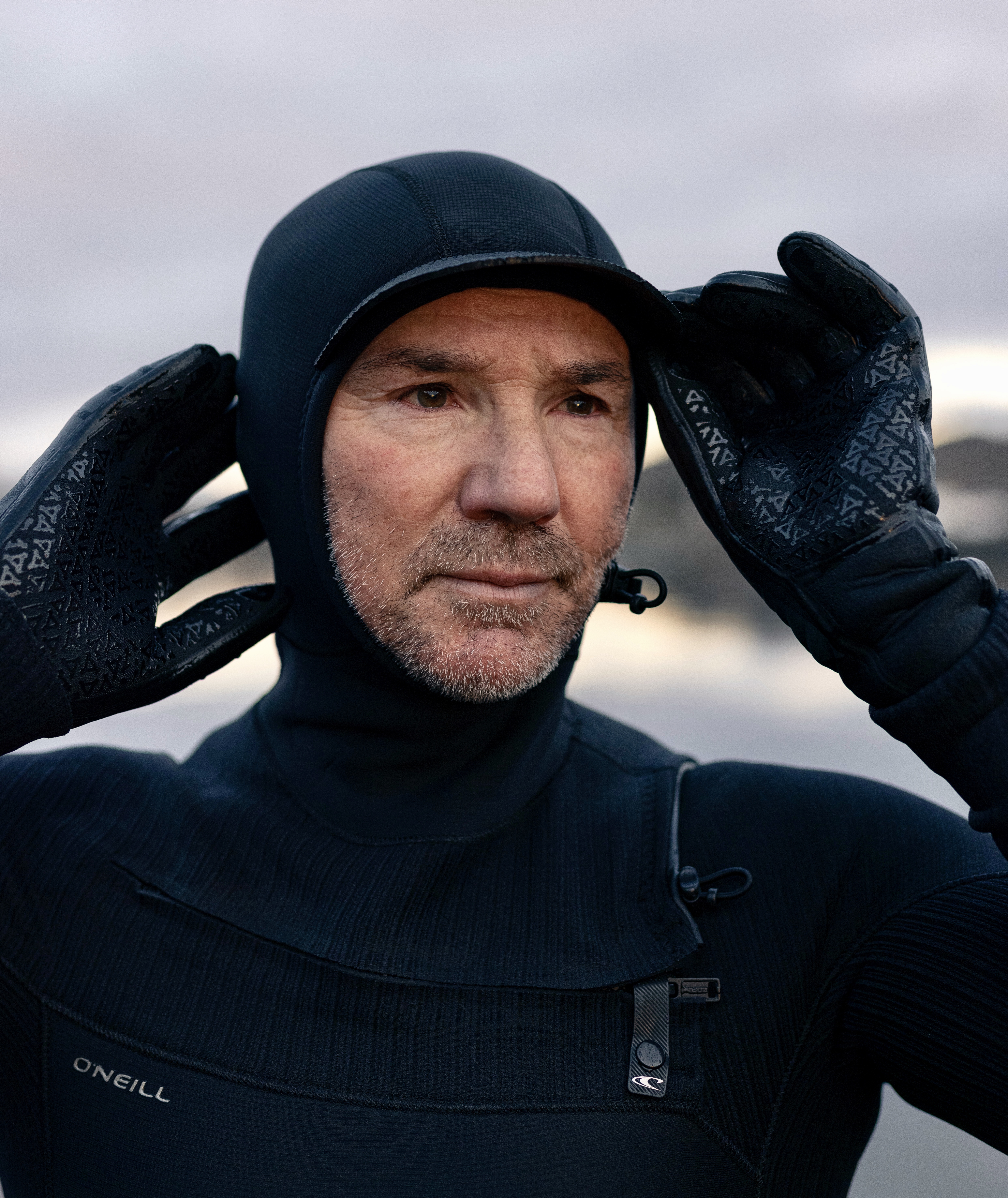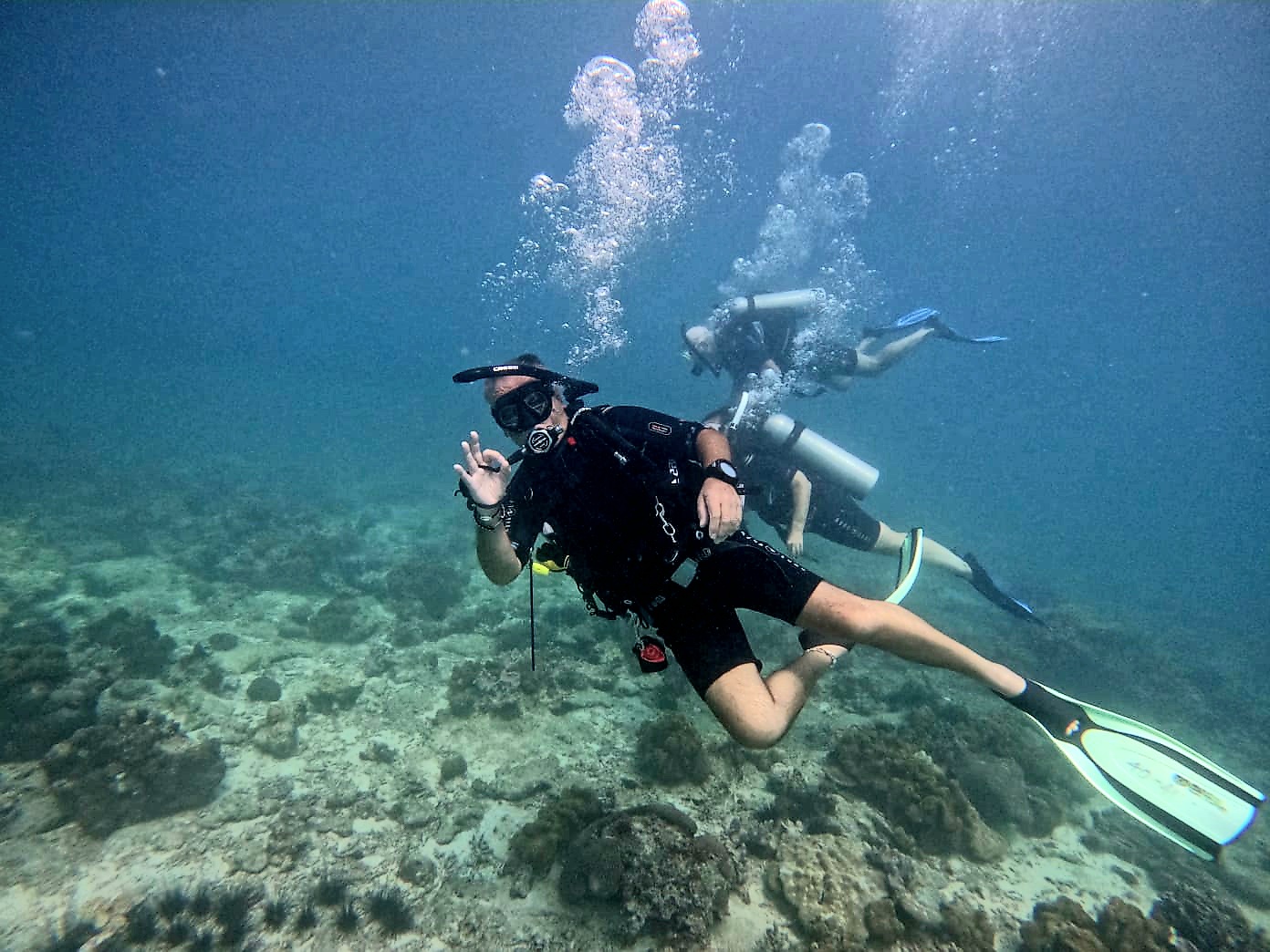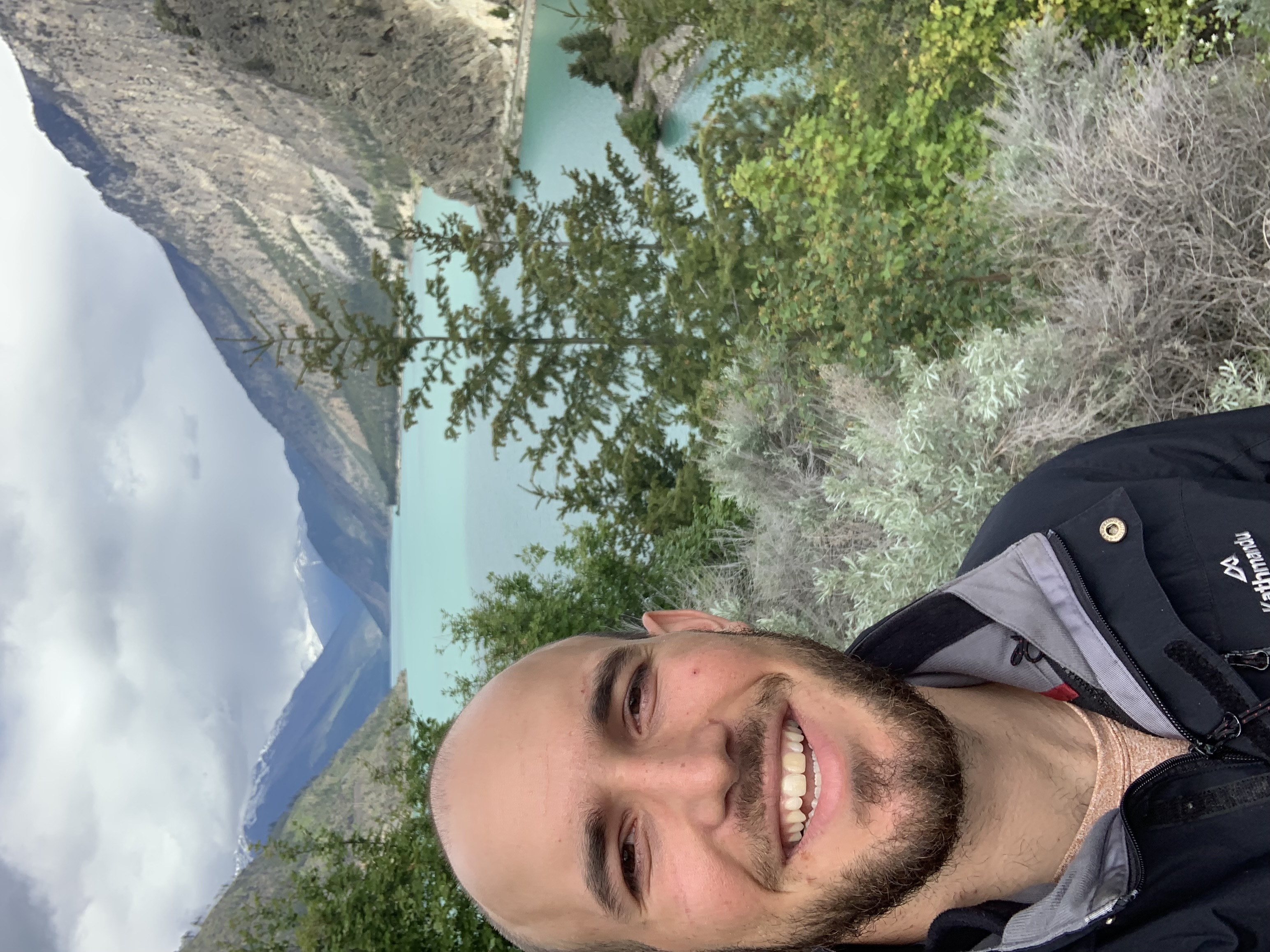Dive
We knew a guy who used to Ice Dive up north and play ice hockey under the ice. With the puck floating to the underside of the ice they divers stayed tethered to the boat so they didn’t get lost.
Scuba diving is out of this world and addictive. The wonders of exploring the new world is limitless. You can cave dive or watch whale calves swim with their mothers along the drop off in Turks and Caicos in the West Indies. Check out a coveted ‘car wash’ in the Maldives; a manta ray cleaning station, where you can watch the rays get their skin, teeth and gills cleaned by small crustaceans and fish just like going through a car wash.
The best part of being a dive instructor? Working in diving often means you get to dive for free, and it can be an expensive sport.
POTENTIAL EARNINGS
Dive instructors can earn as little as USD $500/month or up to USD $72k/year. It depends on your experience, how much you want to work, if you go backpacker or high end resort and whether you dive on commission base or a fixed wage. If you work on a cruise ship or in a resort, there is often an opportunity to make commission if you upsell gear or more trips. A lot of high end resorts will include airfare and accommodation and you can make enough in a season to survive the year, but the hours can be long and you can expect to be up at 5am getting the boat ready. A glorious time of day for some!
A fixed salary will probably end up as significantly less per dive, but will be more reliable. If you guide dives in backpacker territory or in countries with low wages, the cost of living is also usually much lower. You can add to your skills in ways that will supplement income, become a Divemaster and teach or offer underwater photography as examples. You’ll want to balance the money you can make with the cost of qualifying for all the advancements.
HIGH SEASON
The high season in diving is year round globally as a short answer. If you are looking for work as an instructor to the tourist industry you can follow holiday seasons as a rough guide, but each region you will find has its own special experience and really depends on what kind of diving you do. In Europe for example; you can dive the Silfra Crack in Iceland year round, but the Orcas are found in the fjords of Norway from December to early February and Dive season in Croatia is May through October with high times in July and August, and then there is Sardinia...
Getting experience in diving and connected to the professional diving community will give you the best information.


